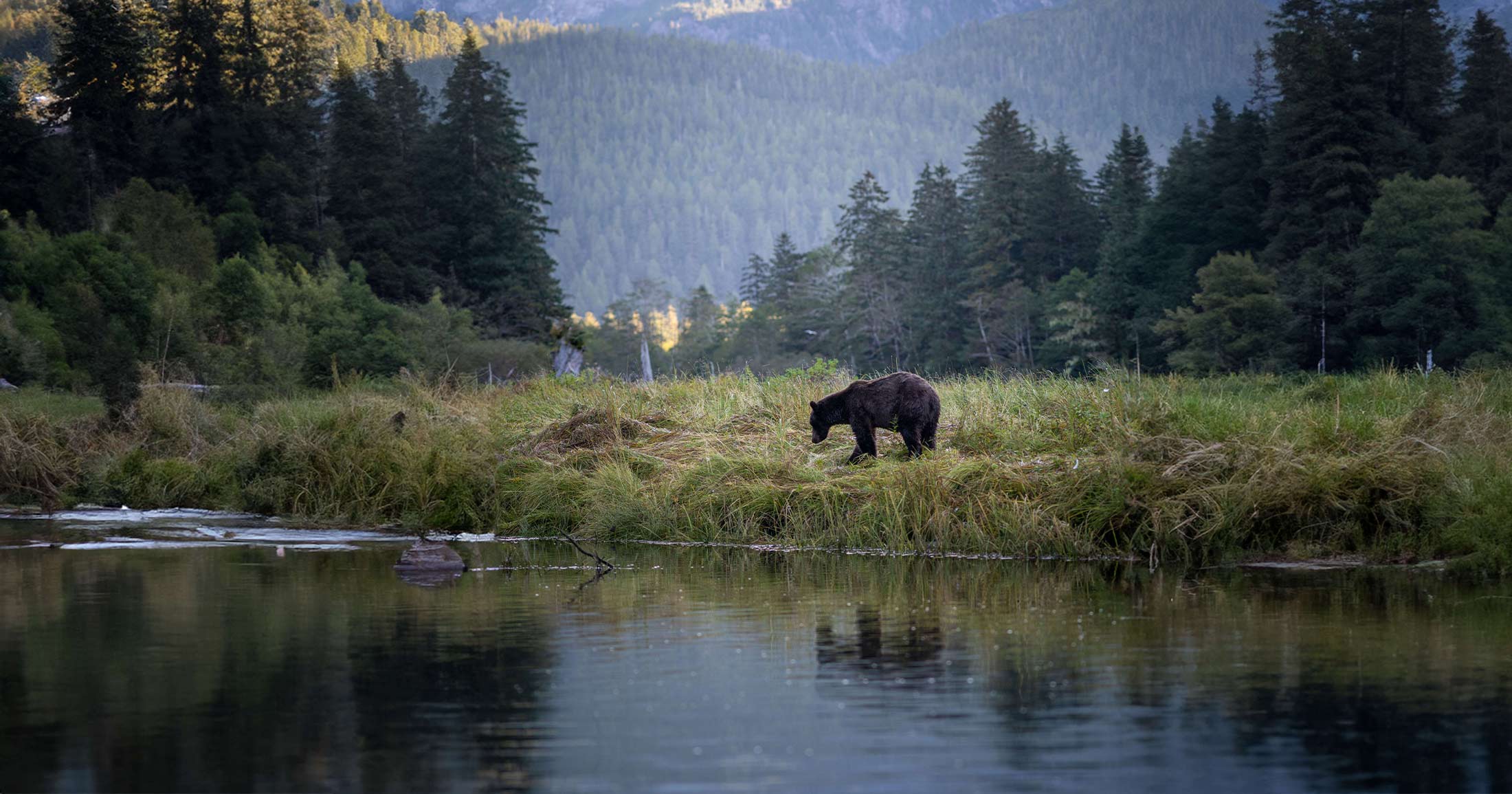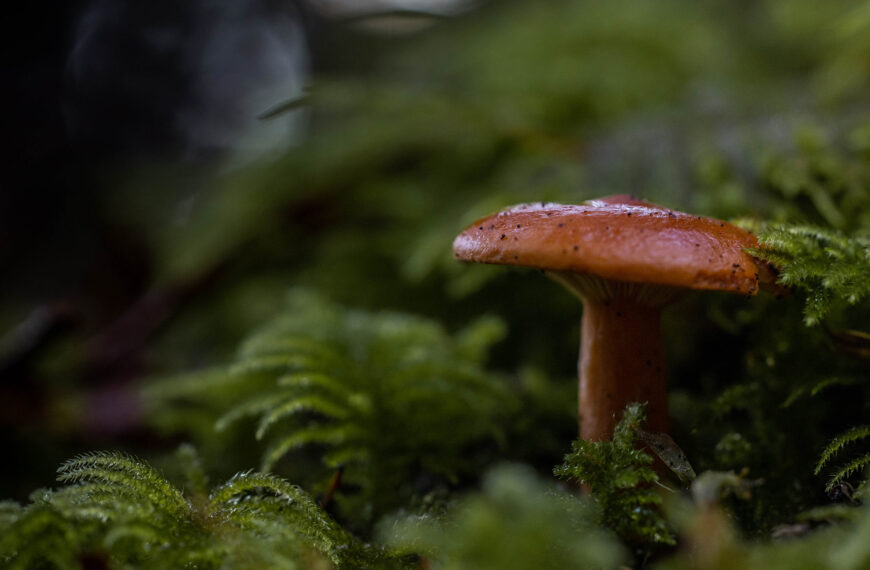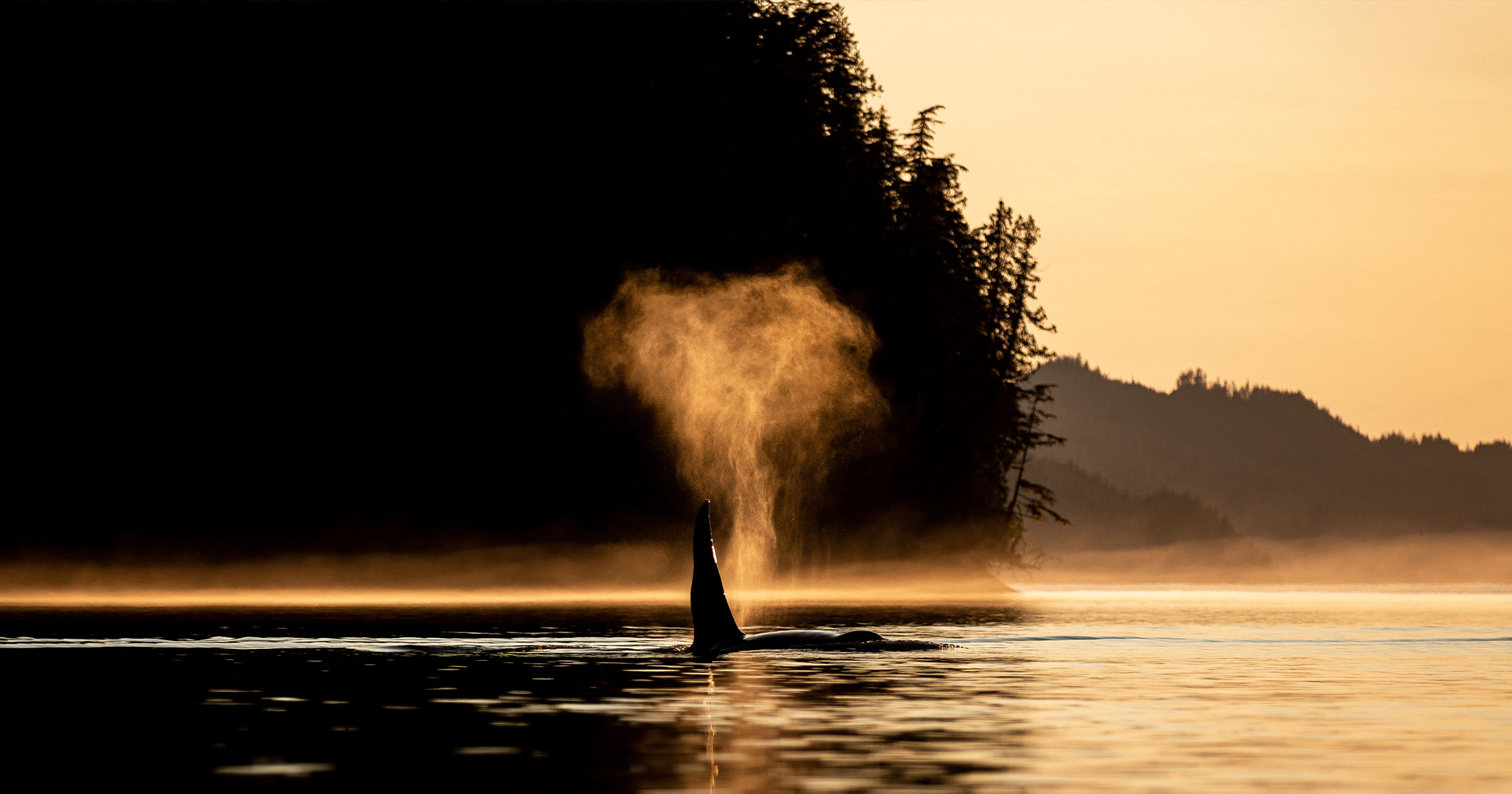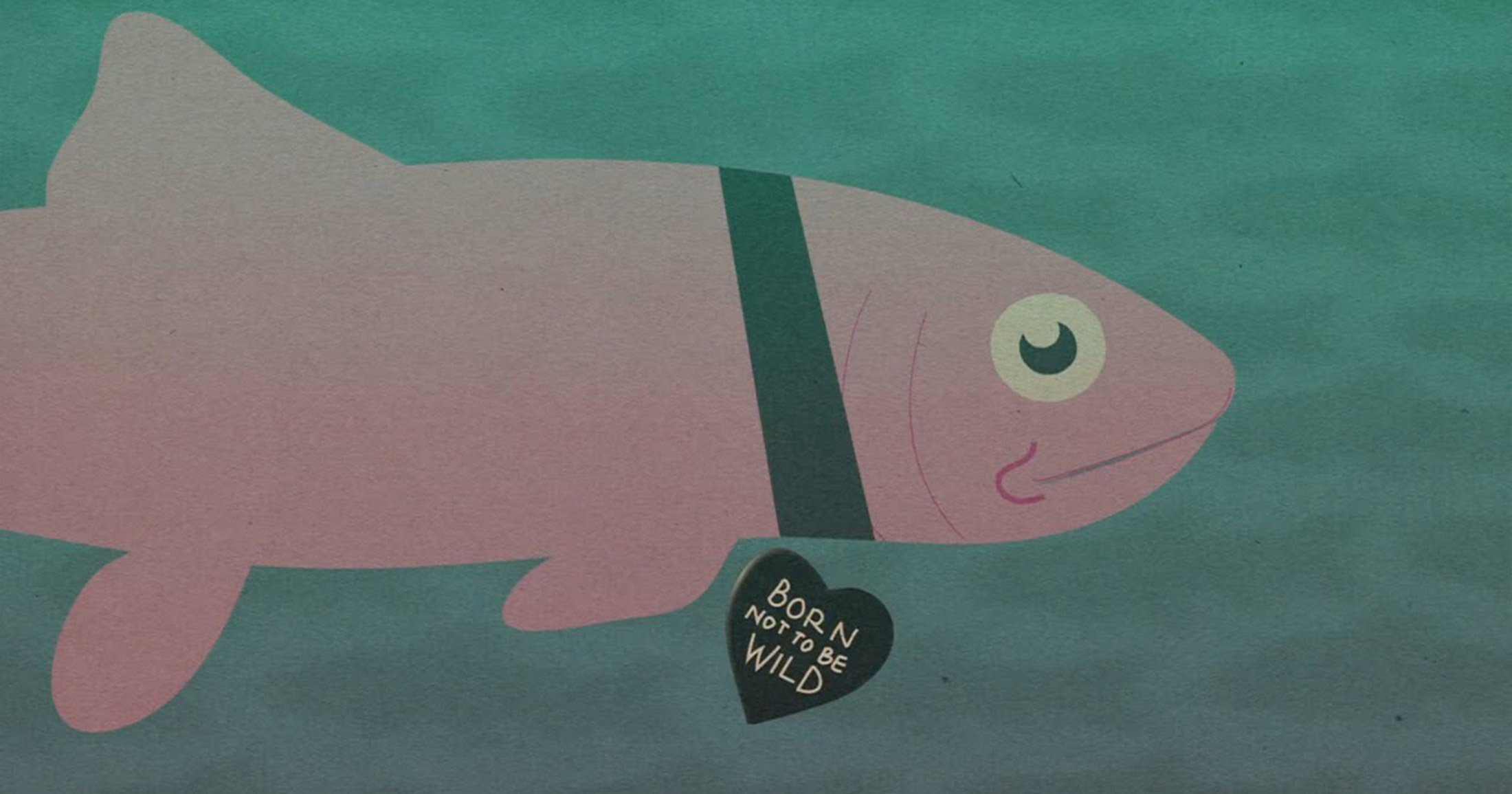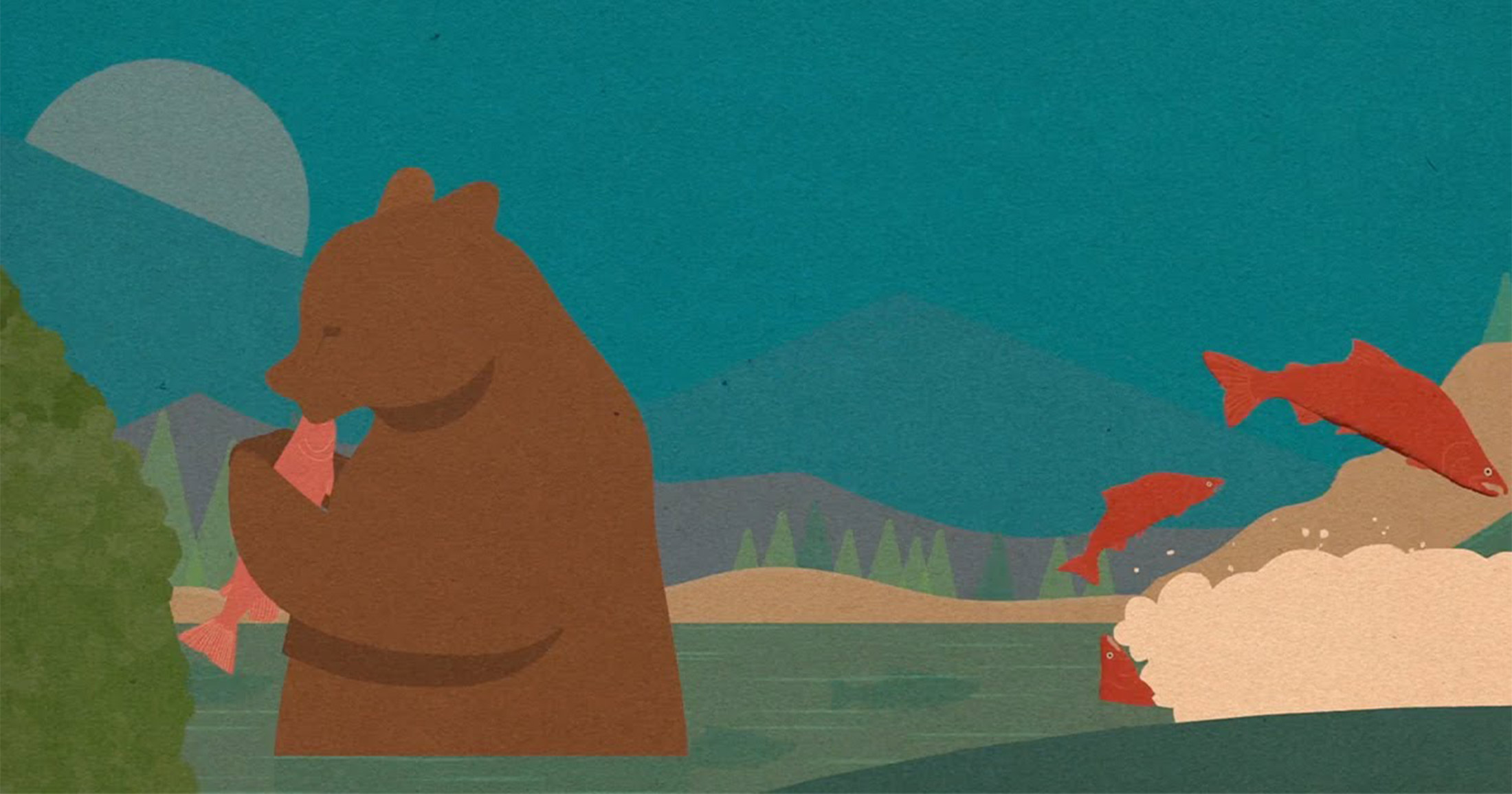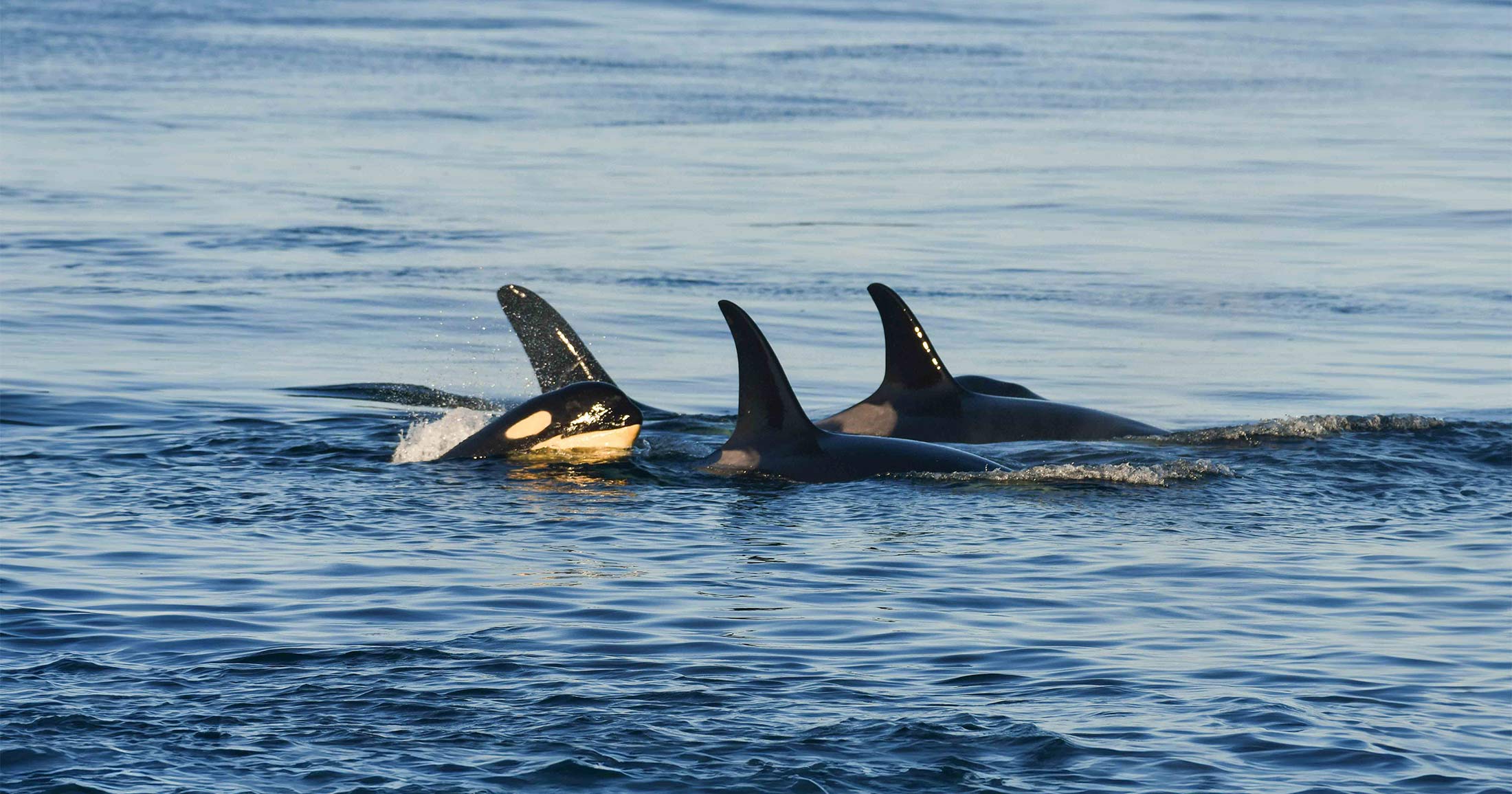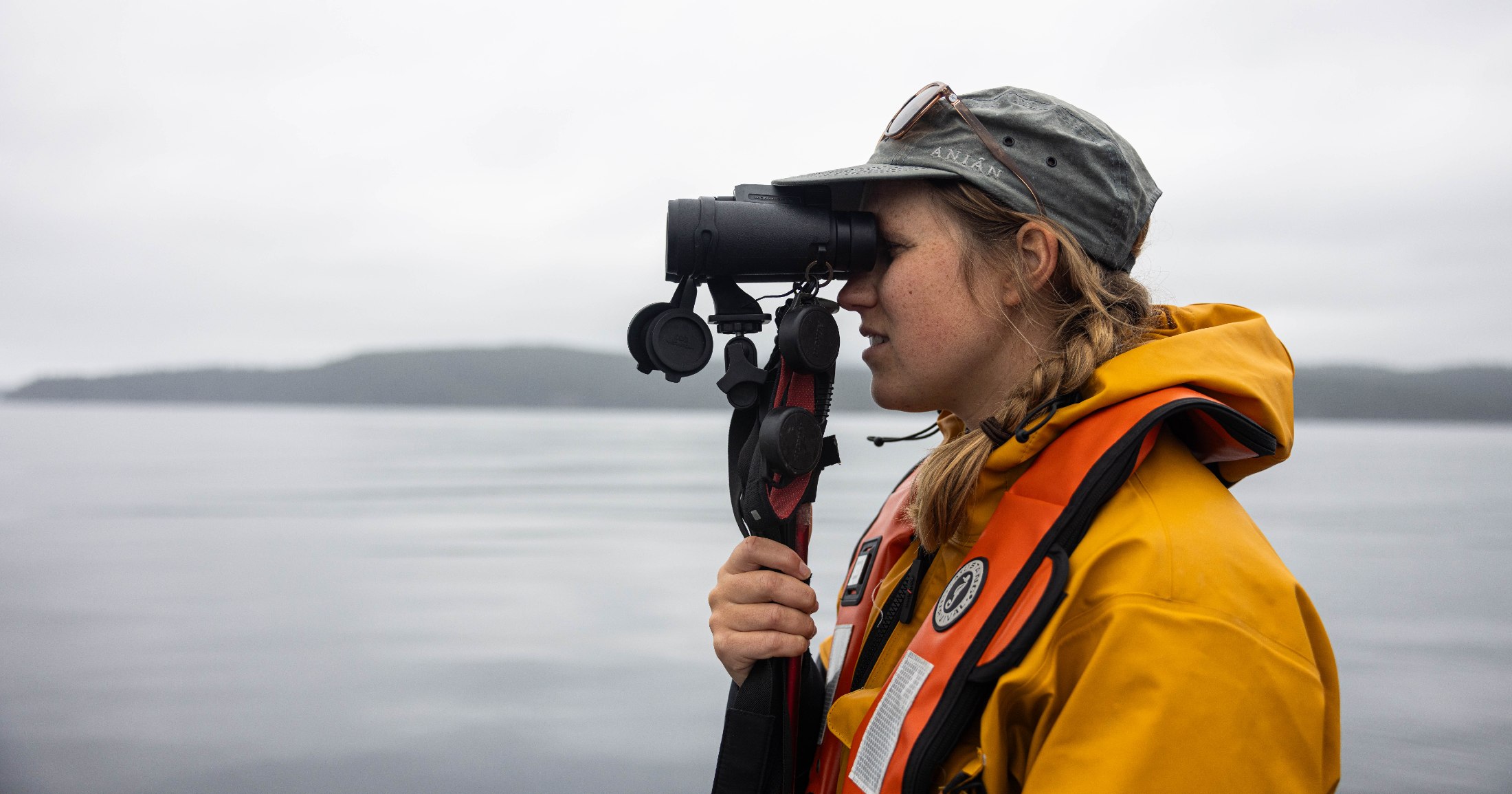Interview: Why our latest court challenge to the re-approval of the Trans Mountain pipeline is critical for the Salish Sea
Misty MacDuffee joins Mark Brennae on CFAX 1070 in the hours after we filed our court challenge of the Federal Government’s decision to re-approve the Trans Mountain pipeline.
The Southern Resident killer whales are a small declining population. The increase in tanker traffic associated with the Trans Mountain expansion will have a significant adverse effect on these killer whales in the Salish Sea. Even the National Energy Board agrees that the pipeline and the associated tanker traffic will have significant adverse effects.
And if the pipeline expansion project goes ahead, these effects cannot be mitigated. The impact of the noise alone increases the risk of extinction significantly. Because Southern Resident killer whales are listed as endangered in the Species at Risk Act (SARA) , the Trans Mountain expansion is required to mitigate the impacts.
Listen to Misty MacDuffee explain the basis of our legal action, in partnership with Ecojustice and Living Oceans Society, to Mark Brennae on CFAX 1070.
You can also hear this interview on CFAX 1070.

Related articles
- We’re headed back to court for killer whales
- Approval of Trans Mountain expansion puts Fraser River salmon and Salish Sea estuaries at risk
- Saving endangered whales: Strategies from above and below the 49th parallel
- Oil tankers: a killer for whales
- Feds’ fisheries announcement a welcome first step: groups renew call for killer whale emergency order
- National Energy Board’s failure haunts governments
- A killer whale emergency
- Save the whales: emergency order needed now
- Petition for an Emergency Order for the Southern Resident Killer Whales under s. 80 of the Species at Risk Act (PDF)
- Groups urge federal government to protect Southern Resident killer whales with emergency order
Support our mobile lab, Tracker!
Our new mobile lab will enable the Healthy Waters Program to deliver capacity, learning, and training to watershed-based communities. We need your support to convert the vehicle and equip it with lab instrumentation. This will allow us to deliver insight into pollutants of concern in local watersheds, and contribute to solution-oriented practices that protect and restore fish habitat.



